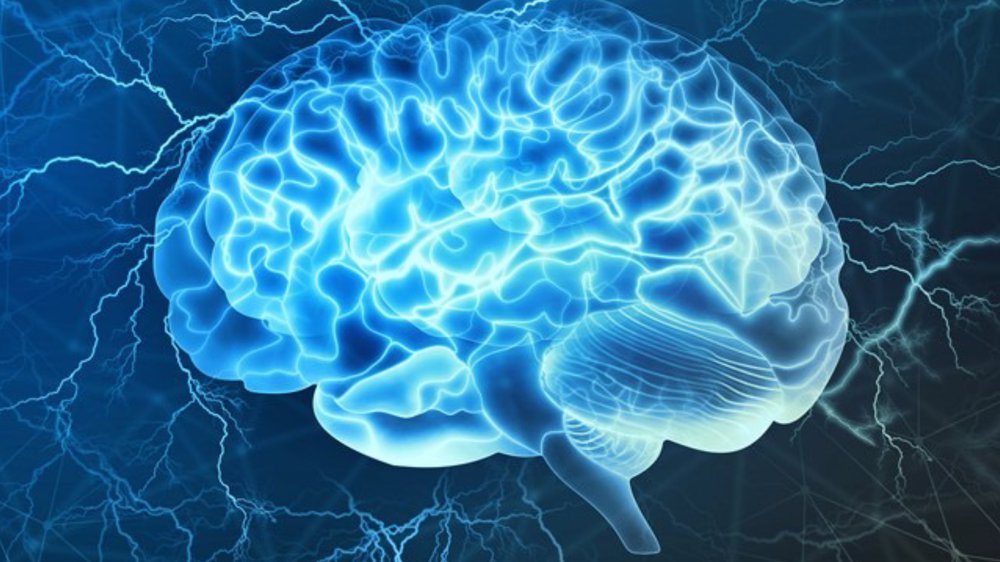We’ve been encountering the term “cognitive capacity” more and more often since we started to make the distinction between “cognitive ability” and “cognitive capacity” a few years ago. The reason this distinction is important is that every individual is born with the ability to develop their cognitive skills. Cognitive capacity is different; it refers to how well those cognitive skills have actually been developed.
Dr. Olenka Bilash, at the University of Alberta, defines cognitive capacity as “the total amount of information the brain is capable of retaining at any particular moment.” She gives the example of attention and points out that different activities take up different amounts of our brain’s attention capacity.
This is a useful definition because it explains how our cognitive capacity can be sufficient for the tasks we are confronted with at any given point in time or that the demands of our environment can overwhelm that capacity. The term used for the demands being placed on our cognitive capacity at any given point in time is “cognitive load.”
These terms are not as well understood as they need to be. For example, in a webinar hosted by Edweb named “Lies the System Teaches School Leaders about Struggling Readers,” the presenter asserted that one of the lies our education system perpetuates is that “Struggling readers have a lower cognitive capacity than typical readers do.” While this is a “lie” in her opinion, the statement is actually true, at least for the majority of struggling readers.
The presenter additionally provided additional “evidence” in showing images of the brains of struggling readers and non-struggling readers, claiming that they are no different than one another.
The brains of struggling readers are often, in fact, very different than the brains of adept readers, including the strength of the pathway that connects the parts of our brains used for decoding and for speech production, but also in the myriad other cognitive skills that are necessary for reading.
Students may struggle with different aspects of reading. Some students struggle with decoding, that is, correctly pronouncing and recognizing a word; this can involve sounding words out or recognizing sight words. Some students can decode words, and may even read out loud with reasonable fluency, but lack comprehension. Difficulty comprehending and retaining information that has been read is experienced by most struggling readers.
What is important to recognize is that decoding and comprehension are complex processes, involving multiple cognitive skills, including the cognitive skills called executive functions. And these skills must work together in an organized and integrated way. If any of those skills are weak or they are not well integrated, reading struggles are almost inevitable.
The cognitive skills that support decoding, such as attention, visual discrimination, visual sequential processing, immediate memory and working memory, must be automatic for successful reading. A student whose attention wanders off part way through sounding out a word often has to start the word over, stumbling in the process, and likely losing track of what they previously read. Sustained attention is important to stay focused on the whole word that is currently being read, while sequential processing helps keep the letters and words in the right order. Moreover, in order to ensure the proper order for letters, our brains need to be able to distinguish similar-looking letters from each other, using a cognitive skill referred to as visual discrimination. Without that, pattern recognition for common words can’t happen.
Comprehension likewise involves multiple cognitive skills, including working memory, visualization, and planning. Working memory refers to our ability to hold information in our minds while simultaneously manipulating it. Working memory is limited, more so for some individuals than others. Sufficient working memory capacity is needed to hold both the information we are reading as well as to retrieve previous knowledge to create meaning.
Visualization refers to our ability to create a mental picture of the information that is being read about. This does not have to be an image of an actual physical object or scene but may be a so-called “mind-map” of the relationships among things or characters. This takes full advantage of our visual processing system to create a stronger memory, both for short-term processing and ultimately for encoding in long-term memory.
Another cognitive skill that plays a role in comprehension is planning. As a reader becomes more proficient, they should come to understand that there is not a single way to read and understand a text. Based on our initial knowledge of what is in the text being read and our purpose for engaging with it, we might read for one specific piece of information (like what time play rehearsal starts) we might read another to gauge emotional tone, or we might read slowly, even painstakingly when trying to learn the details of a new concept.
Weaknesses in cognitive skills can often be at the root of reading struggles. And if that is the case, why would someone giving a webinar on reading make the case that this is a lie? It turned out that the presenter of that EdWeb webinar used the term to refer to the subject matter of the reading material, not the brain’s ability to marshal the cognitive resources needed to actually read. She gave the example of a 12-year-old who struggles with reading but now is interested in and can engage in thinking about content that is usually of interest to 12-year-olds. From that perspective, “dumbing down the content” is wrong. Her solution, essentially, was audio books. And audio books can be a very effective way for students who struggle with reading to access information at a higher level than they are able to decode and comprehend from written text. However, it does not mean that educators can simply ignore the cognitive skills that form the basis for reading.
Indeed, cognitive capacity, or how well developed our cognitive skills are, impacts all learning. Unfortunately, data on a student’s cognitive capacity and areas of strength and weakness are not commonly available to teachers. Cognitive capacity screening is available, with cognitive assessments such as Mindprint, giving teachers, parents and students the information they need to directly address the root causes of reading and other learning struggles, with personalized learning strategies and cognitive training to build additional cognitive capacity.
About the authors

Betsy Hill is President of BrainWare Learning Company, a company that builds learning capacity through the practical application of neuroscience. She is an experienced educator and has studied the connection between neuroscience and education with Dr. Patricia Wolfe (author of Brain Matters) and other experts. She is a former chair of the board of trustees at Chicago State University and teaches strategic thinking in the MBA program at Lake Forest Graduate School of Management. She holds a Master of Arts in Teaching and an MBA from Northwestern University.

Roger Stark is Co-founder and CEO of BrainWare Learning Company. For the last decade, Stark championed the effort to bring comprehensive cognitive literacy skills training and cognitive assessment within reach of everyone. It started with a very basic question: What do we know about the brain? From that initial question, he pioneered the effort to build an effective and affordable cognitive literacy skills training tool based on over 50 years of trial & error clinical collaboration. Stark also led the team that developed BrainWare SAFARI, which has become the most researched comprehensive, integrated cognitive literacy training tool delivered online in the world. Follow BrainWare Learning on Twitter @BrainWareSafari











